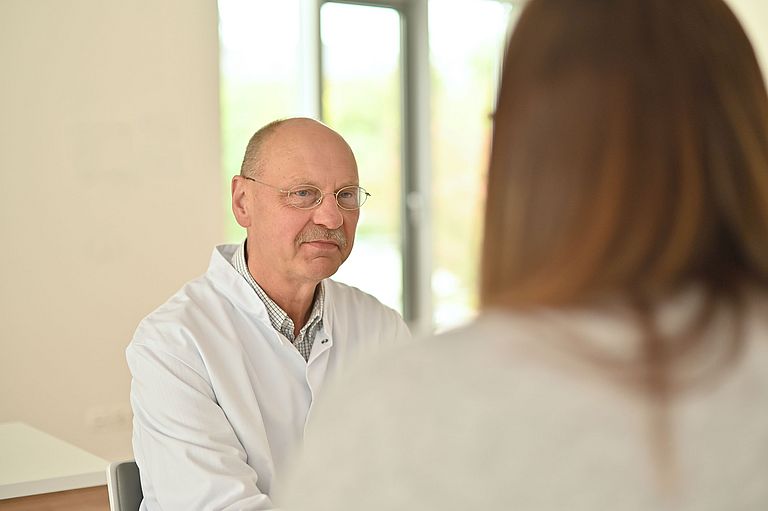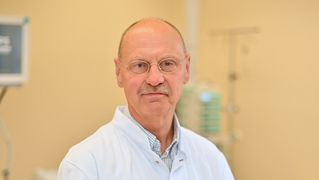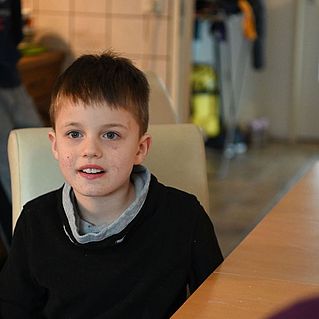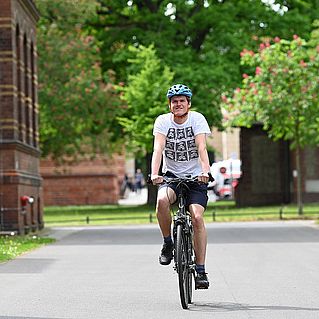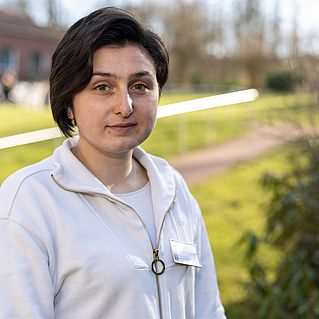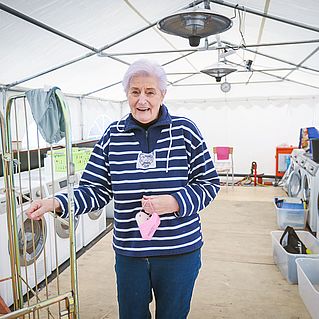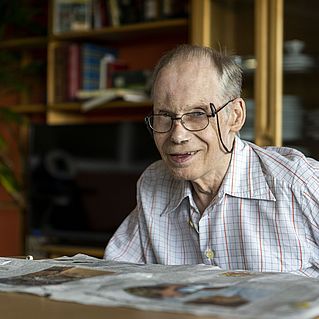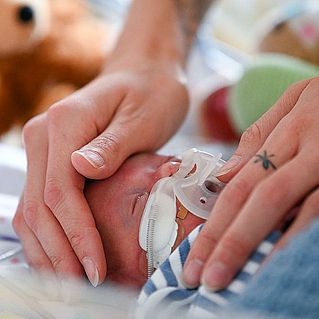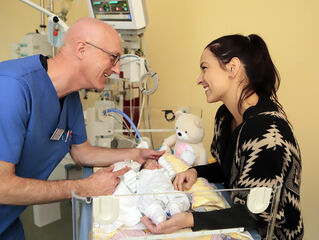4 June is Organ Donation Day. Over 80 per cent of the adult population are in favour of organ donation, but only a small proportion actually have an organ donor card in their pocket. "As many people as possible should consider the question of organ donation," says Dr Friedhelm Bach, Transplantation Officer at Bethel Protestant Hospital (EvKB). "And decide in favour or against, but make a commitment and thus exercise their right to self-determination." Above all, Dr Bach knows from his day-to-day work that a documented decision would be a blessing for the bereaved relatives, who very often have to make a far-reaching decision in an exceptional emotional situation, often without knowing the wishes of their loved one.
On 1 March 2022, the amendment to the law to strengthen the willingness to make a decision on organ donation came into force, which changed the Transplantation Act. The regulation of the decision solution remained unaffected. This means that organs and tissue may still only be removed in Germany with the prior consent of the deceased person or their relatives. The amendment to the law supplements the previous legal situation and is intended to help implement the patient's wishes. For example, a register for declarations on organ and tissue donation (organ donation register) is planned at the Federal Institute for Drugs and Medical Devices (BfArM).
